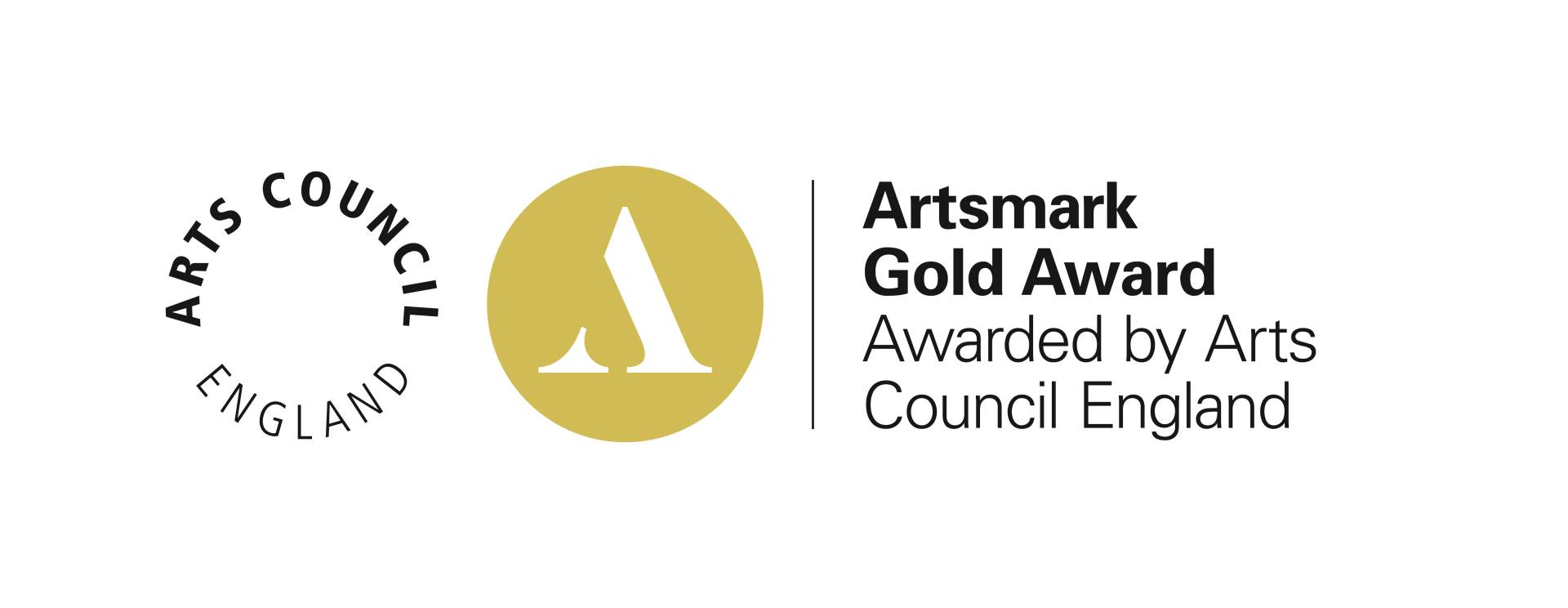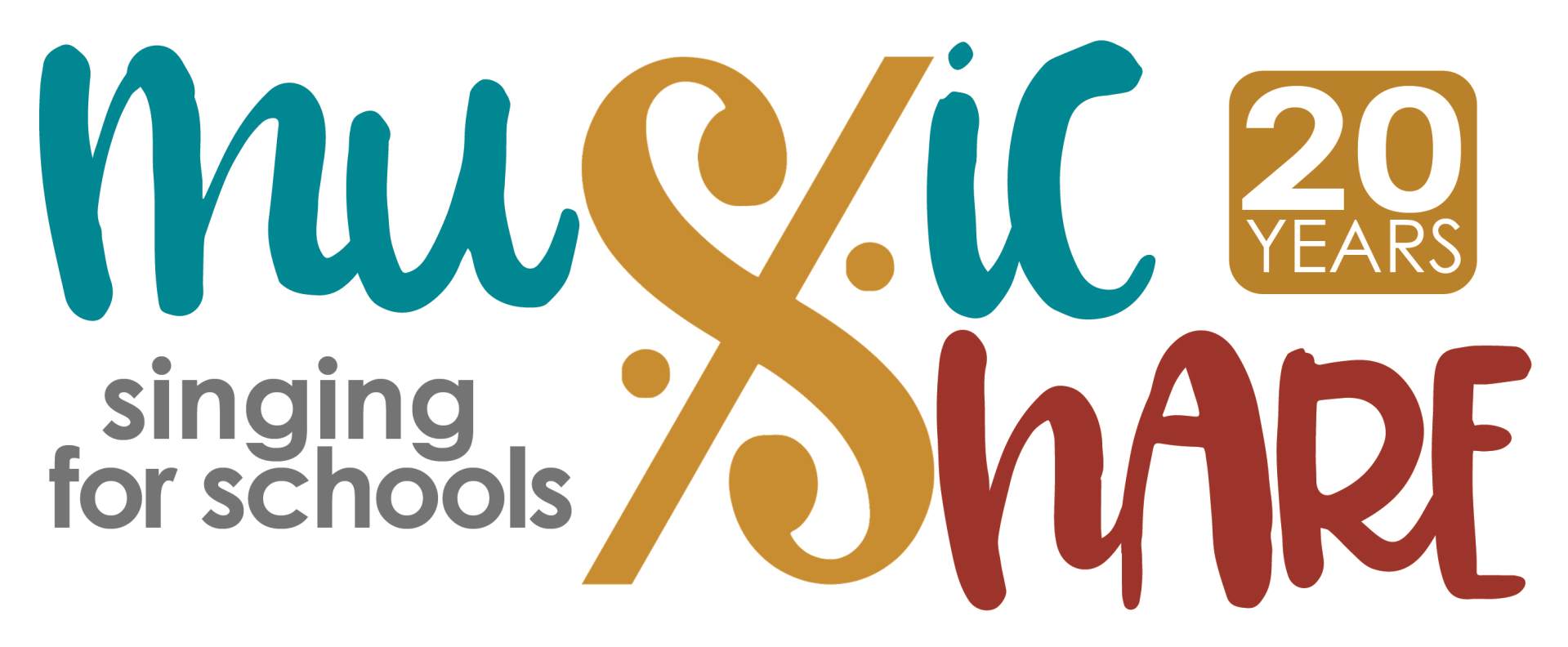Importance of gratitude to wellbeing
 This week we can reflect on all we have already achieved this term and similarly on all that for which we are most grateful. In particular, this week we show gratitude for our new Cathedral Dean – Bishop Jan MacFarlane. We are doubly blessed as +Jan is also a governor of our school and on Saturday it was a joy to see so many of our school community supporting her installation. It was a wonderful occasion, to see the first female dean be placed in this role.
This week we can reflect on all we have already achieved this term and similarly on all that for which we are most grateful. In particular, this week we show gratitude for our new Cathedral Dean – Bishop Jan MacFarlane. We are doubly blessed as +Jan is also a governor of our school and on Saturday it was a joy to see so many of our school community supporting her installation. It was a wonderful occasion, to see the first female dean be placed in this role.
Research has shown that gratitude plays a major role in well-being and success and the skill of developing a thankful mindset can start at an early age. Psychologists Nansook Park and Christopher Peterson conducted an analysis of parents’ descriptions of their children’s strengths—and found that gratitude had the strongest relationship to life satisfaction.
In more recent years, two long-term studies have shown why gratitude may be particularly beneficial to youngsters. One study linked gratitude to greater social support and protection from stress and depression over time. This suggests that gratitude not only helps people form, maintain and strengthen supportive relationships, but it also helps people feel connected to a caring community, something we hold dear here at LCS.
Evidence suggests that grateful young adolescents (ages 11-13), compared to their less grateful counterparts, are happier and more optimistic, have better social support, are more satisfied with their school, family, community, friends and themselves, and give more emotional support to others. Similarly, research suggests that grateful teens (ages 14-19) are more satisfied with their lives, use their strengths to better their community, are more engaged in their schoolwork and hobbies, have higher grades, and are less envious, depressed, and materialistic.
So how can we foster more gratitude in children? The most recent research suggests the following:
1. Model and teach gratitude
Our children want to be like us. We provide the blueprint for what to say and what to do and in what contexts. Expressing gratitude through words, writing, and small gifts or acts of reciprocity are all ways to teach children how to become grateful. Doing this will help make your appreciation for the goodness in your life more public, showing your children that blessings abound and that being thankful is a valued attitude.
2. Spend time with your children and be mindful when with them
Another way to spell love is T-I-M-E. Believe it or not, children and, yes, even adolescents, like being with their parents. Giving a child a lot of quality time with you teaches them the language of love - life’s greatest gift. Enjoy every moment together, big and small, and rid yourself of distractions at such times, including your smartphone. Being mindful helps you maintain empathy toward a child, and this provides important modeling of empathy, the most important emotion for developing gratitude and moral behaviour. It will also give you and your child a heightened sense of appreciation for the things both of you love and for your relationship.
3. Support your child’s autonomy
By taking ownership over their skills and talents and being responsible for developing them, children gain things to appreciate in life and make it easier to attract support from others, thus inviting gratitude into their daily life. Also, limiting children’s media consumption and guiding them to use media in ways which protect them from commercial influences that discourage the development of the authenticity, self-development, and social interaction necessary to grow into positive, purposeful, grateful individuals.
4. Use children’s strengths to fuel gratitude
After you’ve identified your children’s top you should encourage and help them to use those strengths whenever possible. Not only does this open up opportunities for others to contribute to the things your children love, but it also enables your children to strengthen their ability to be helpful and cooperative toward others, which will make them more grateful. To directly promote gratitude, encourage and help your children to use their strengths to thank and be kind to others.
5. Help focus and support children to achieve intrinsic goals
It’s very easy for people, especially the young, to pursue extrinsic - or materialistic - goals such as desiring or having possessions that show wealth, status, or convey a certain image. It’s our job to steer them away from pursuing extrinsic goals and toward pursuing intrinsic goals, such as engaging in activities that provide community, affiliation, and growth. Not only will successfully achieving these goals fulfill children’s fundamental human needs of competency, belongingness, and autonomy, but their personal development, happiness, success and gratitude depend on it. To amplify their gratitude even more, remember to savour their accomplishments with them along the way, and encourage them to thank those who’ve helped them meet their goals.
6. Encourage helping others and nurturing relationships
Helping others and being generous are two key ingredients for making grateful children. When children lend a hand, especially while using their strengths, they feel more connected to those they’re helping, which helps them to develop and nurture friendships and social relationships. A great way to do this is by teaching them through your actions that other people matter and that tending to relationships should be a priority. To help children strengthen their relationships, you should encourage them to be thoughtful of others, to thank others regularly, and to be cooperative, helpful, and giving.
7. Help children find what matters to them
Having a sense of purpose in life gives youth a compass for creating a meaningful life. This starts with feeding their interests in the social issues they care about and pushing them to learn as much as they can about those issues and discover ways they can make a difference. The deepest sense of gratitude in life comes from connecting to a bigger picture, to an issue that matters to others and doing things that contribute to society down the road.
Trying to make grateful children isn’t just an issue for families; it’s an issue for society as well. We must all do our part to help children develop into moral adults, who will contribute to a world of compassion and care. But, while there’s no quick fix for cultivating gratitude in young people, the more we remain committed to it, the more rewards we’ll reap. Indeed, by bringing out the best in our children, we can only imagine what blessings ‘Generation Grateful’ could bring.
The resonance for us here in school could not be clearer: our Anglican Foundation, our focus on ethical leadership, the buddy system, the School of Sanctuary work, the roles and responsibilities available in school, the Duke of Edinburgh Award, to name a few – all these things foster an awareness of the needs of others and give our children, from the youngest to the oldest, the opportunity to step up, give something back and be grateful for what they have.
So to all of you I send my gratitude - many thanks for all you, your children and wider family have contributed to the life of our school so far this term.
Inservi Deo et laetare.














